News
Working with elite athletes - 7 things you need to know!
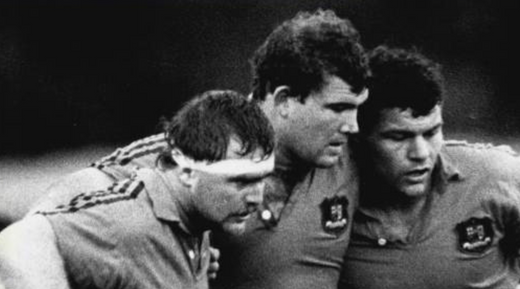
I use the term loosely, but in the 80's I was an elite athlete!
Back then, Rugby was an amateur sport and the definition of 'elite' didn't carry the same weight of responsibility and public accountability as it does now. Sure we were committed to representing our country. We trained and played with all the passion and hunger expected of elite athletes, but we also had full-time jobs to pay the bills. In the early 80's the rewards for playing Rugby for Australia weren't financial. Back when I was an athlete winning was important, but win or lose, so was the post game celebration!
But despite the monumental differences between playing rugby in the amateur and professional eras, some things stay the same. To work in sport, you have to 'know' athletes. To really understand their psyche it's worth asking - when you remove money as a motivator, what is it that really drives individuals to make it to the very pinnacle of their chosen sport?
Who are they? What makes them train and sacrifice, then do it again and again in the pursuit of a dream that for the most part remains just beyond their reach, or on which they hold a tenuous grasp that can be taken away at any time by the younger, faster, hungrier athletes nipping at their heels?
I'm lucky to have a fairly unique perspective on what makes athletes tick.
I've been part of the inner sanctum of elite sports locker rooms for almost 40 years, as an athlete first and then as a member of a medical team. I've experienced the locker room atmosphere as a cocky schoolboy representative and as a member of a World Cup winning squad. I've been part of many winning teams and many losing teams. I've been injured (many times) and I've been dropped from a team (once). I've been the on-field first responder to injuries that have ended careers, and been the voice of reason that calmed the pre-game nerves of players returning from injuries that could have but didn't.
Working with athletes is both challenging and extremely rewarding. Regardless of your job description and duties, here's my take on the 7 most important things to remember when your clients are athletes:
1 It's their career, not yours
Don't be too quick to take the credit for success on or off the field. Yes, your advice or treatment may have contributed to a winning performance, a world record, a PB, or an early return to play from injury, but that's what is expected of you in that position. High profile athletes will endorse you in their own time, if you are good at your job. Allow your successes to build your reputation quietly in the background. Doors of opportunity will open because you are great at what you do, not because you hitch-hike your skills on the achievements of others.
2 As an hourly rate, the money sucks
Winning requires sacrifice, and this is equally true for the people working behind any successful team or athlete. There is no such thing as a 9-5 job in sport. The hours are long, the work is tiring, the pressure to succeed is intense and mentally draining. There is constant scrutiny of your performance and public accountability wears you thin. Everyone is watching and you are expected to go 'over and above' for the team. Team travel is not glamorous. You travel to work not sight-see. You start early and finish late and you are constantly on call. If you work in sport, you don't do it for financial reward. You do it because you want to make 'the team' as badly as the athletes you work with.
3 They'd rather play than train
For an athlete the prize is selection - making the team. They do what they have to do to make this happen but their motivation is always an event, not the journey. They focus on the future and sometimes lose sight of the 'now'. At times they need to be reminded of the milestones they must achieve to get there and stay there.
4 They can be 'precious' sometimes
Athletes make huge investments in themselves and sacrifice much of the 'normal' life that others take for granted. Often their performance and achievements are inextricably linked to their self-worth. To them, injury is weakness and poor performance is failure. They can be severely wounded by public opinion and are generally their harshest critics. It's no wonder they 'sweat the small stuff'. Be understanding of their state of mind if things aren't going according to plan but hold your ground and reassure them that you have things under control. Remind them to trust you, then make sure you back yourself with actions that actually make a positive difference to the situation!
5 They have managers for a reason
Sometimes athletes need to be protected from themselves! At times they can say or do stupid things because their sense of reality is distorted. Elite athletes live in a regimented world of training and travelling schedules over which they have little control. They are constantly instructed by others - eat this, wear that, do this, run faster, slow down, be here, go there, say this, don't say that! Decision-making is largely controlled by others. Keep it real by reminding them how the rest of the 'non sporting' world makes decisions and deals with the challenges of normal daily life.
6 Rituals rule
It is unlikely to come as a surprise to some of my team mates that my game day ritual involved food. Not every game, just every representative game. The ritual was much more than eating, it involved particular foods served at a precise number of hours before the scheduled game and was a signal to focus. Not all athletes are as committed as I was to pre-game carb loading but almost every athlete has a ritual that signals a brain switch to competition mode. When working with athletes, learn their pre game routine and respect the ritualistic nature of their preparation. Their idiosyncrasies may seem strange or humorous to you, but to them they have a purpose and meaning that plays a huge part in their mental preparation for the task ahead.
7 The end is always traumatic
Whether it comes swiftly through career ending injury or slowly as the years of competition take their toll, ending a sporting career is always emotional. For some, the transition to real life is made easily, for others no amount of preparation can fill the void left when 'the music stops' and they no longer part of the team. Career 'comebacks' are a cry for help with the transition. Chances are you have a great rapport with your athletes. Stay in contact. Meet socially and talk regularly when they first retire. Elite athletes all know it will come to an end eventually. What they don't expect is the overwhelming sense of isolation that comes from no longer being part of a team, even when they are surrounded by family and friends. A retired athlete grieves. They looked to you for guidance when they were in the team. Stay with them as they transition out of it. Recognise the signs and take the time to help your athletes through it. They are the reason you're there.





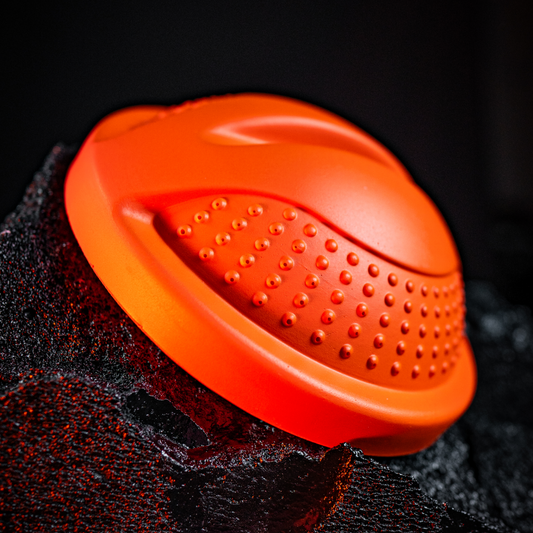

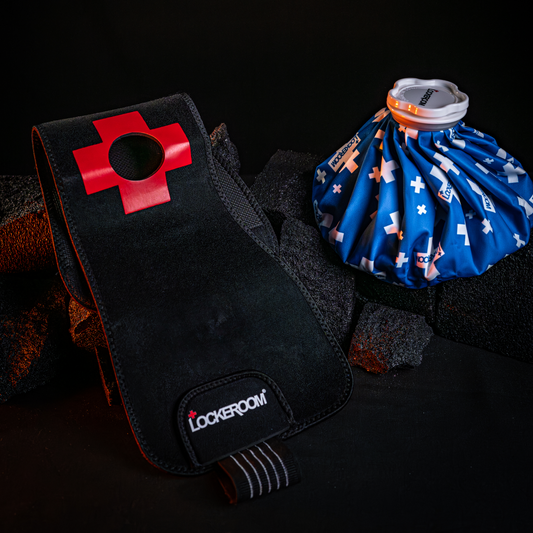




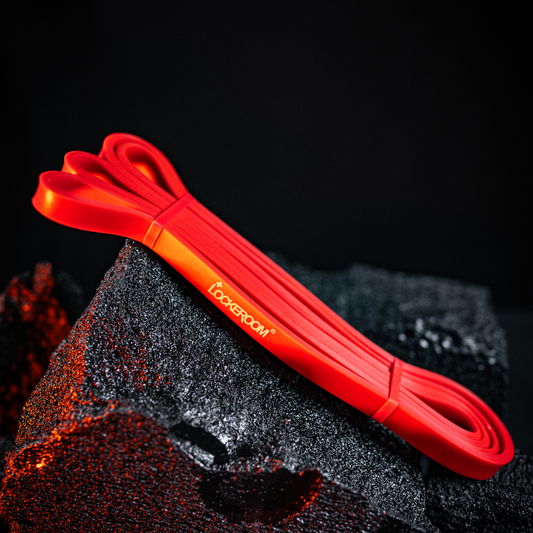
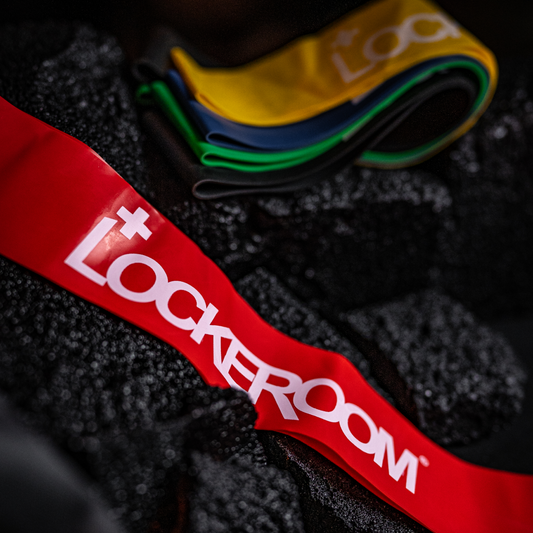
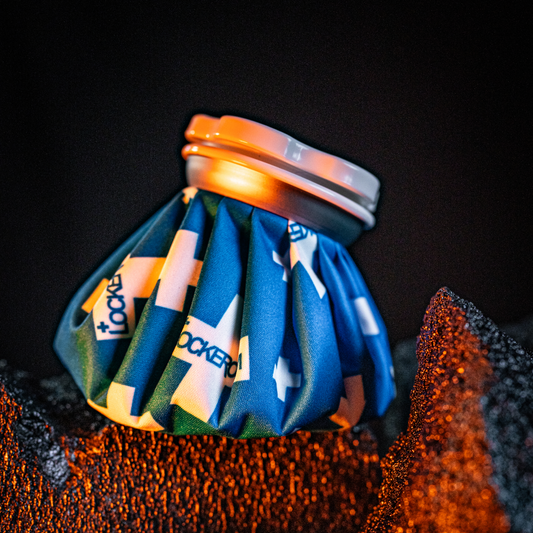



 Designed in Australia
Designed in Australia
1 comment
Nicely written Crappa! 👍